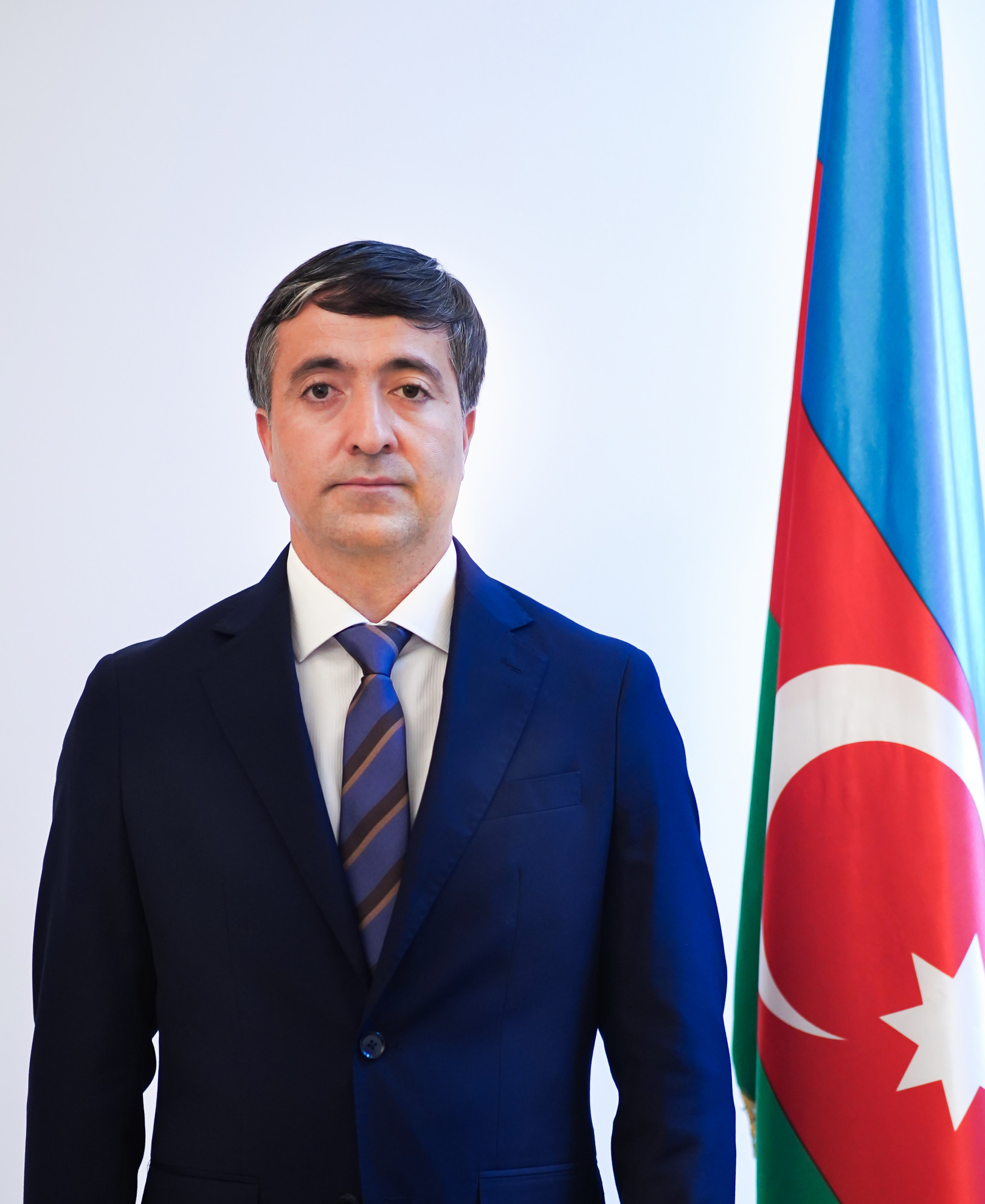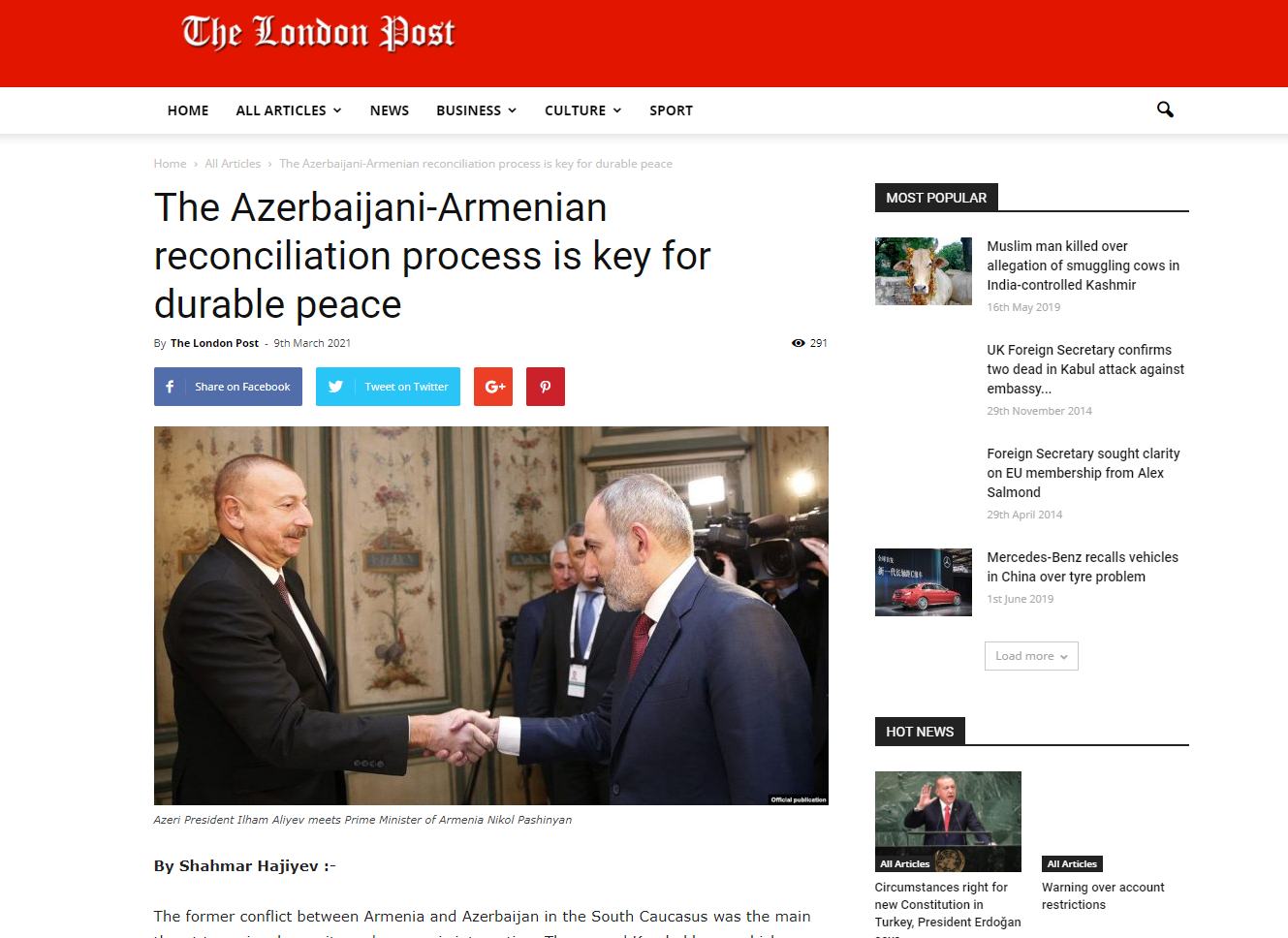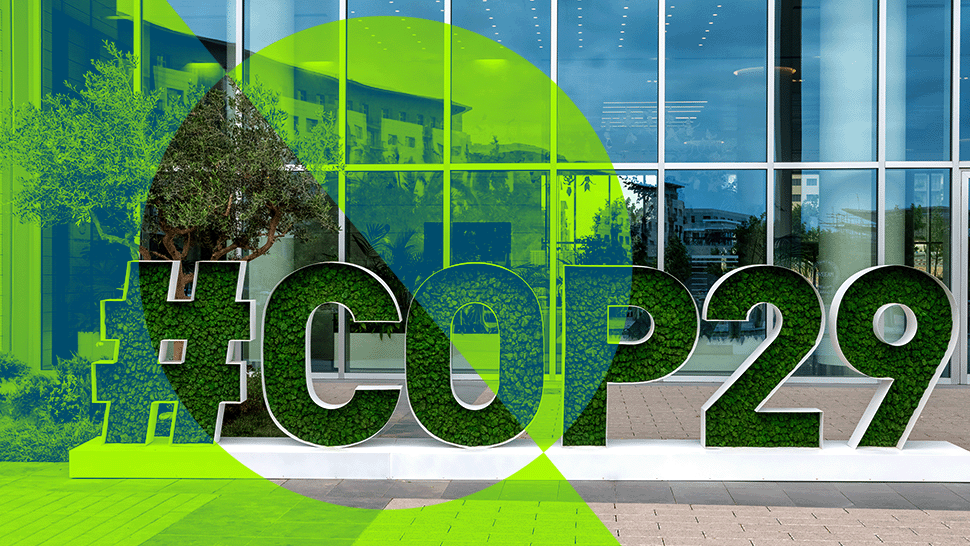The former conflict between Armenia and Azerbaijan in the South Caucasus was the main threat to regional security and economic integration. The second Karabakh war which started on 27 September 2020 was a full-scale war. It is very important to highlight that long-lasting Minsk Group-mediated diplomatic talks were resultless. In addition, Armenian Prime Minister Nikol Pashinyan’s position, when he called into question the “Madrid Principles”, led the peace process to a deadlock in which the only way for Azerbaijan to restore its territorial integrity, was successful military operations.
During the 44-day war under the code-name “Operation Iron Fist”, Azerbaijan managed to liberate several districts, including the strategic city Shusha, causing heavy military casualties among Armenia military forces. According to the Azerbaijani Ministry of Defense during the patriotic war 2,881 soldiers died and 28 servicemen were still missing. Armenia lost around 4005 soldiers as of 13 February, 2021. The war was stopped after signing the ceasefire agreement on November 10, 2020 between Armenia, Azerbaijan and Russian Federation. As noted by Russian President Vladimir Putin “the trilateral agreement among Azerbaijan, Armenia and Russia should halt fighting in the long term”.
According to the peace declaration Russia became the key guarantor for durable peace, therefore about 2,000 Russian peacekeeping forces were deployed to the conflict zone to ensure peace and fulfillment by Azerbaijan and Armenia of their obligations under the signed document. Turkey is also participating in the peace process by setting the Joint Russian-Turkish Center for Monitoring the Ceasefire in Karabakh.
Analyzing the signed agreement between parties, it is clear that the main catalyst for durable peace and development in the region during the post-war period is restoration of economic relations by opening transport-communications ties between Armenia and Azerbaijan. Towards this end, Azerbaijan has already launched a large-scale program for the restoration of the liberated territories and the development of all infrastructure in the region. In order to carry out restoration and development processes in liberated territories, the “Karabakh Revival Fund” public legal entity was established by Presidential Decree on January 4, 2021. The main aim of the newly established “Karabakh Revival Fund” was to ensure a modern and decent living conditions on the liberated territories, to carry out construction, restoration and landscaping work in all areas, as well as to support continuous improvement of safe living, efficient activities and prosperity.
It is highly important for Azerbaijan to carry out infrastructure restoration works in the liberated territories as soon as possible, and for this purpose, AZN 2.2 billion ($1.3bn) has been allocated from 2021 state budget. In particular, among the strategic projects are the construction of a new international airports in the Fizuli, Lachin and Zangilan regions, a new road connecting Azerbaijan to its exclave in Nakhchivan Autonomic Republic and further on to Turkey, a railway between the Azerbaijani towns of Horadiz and Zangilan on the border with Armenia, Fuzili-Shusha road and last but not least, Horadiz-Fuzuli-Shusha railway. It is worth underlying that the construction process of the Fuzuli international airport has already started.
All the mentioned projects and many others are very strategic projects to support full economic integration in the region. Therefore, Azerbaijan welcomes international companies from friendly states mainly from Turkey, Italy and others to participate in the reconstruction process.
Despite all positive economic developments in the region, there is also a challenge for future stability. This is mainly a political challenge when Armenian society and former politicians do not want to accept defeat and to call for revanchism. So far, opposition and military officers in the country call on Armenian Prime Minister Nikol Pashinyan to resign. Such revanchist sentiments in Armenia could damage agreed peace and provoke new escalations. During the press conference held by Azerbaijani President Ilham Aliyev for representatives of 35 of local and foreign media organizations on 26 February 2021, president touched upon “revanchist thoughts” in Armenia and emphasized that “everything will depend on the correct assessment of modern realities by the Armenian leadership, correct conclusions and exclusion of revanchist attempts. We are watching everything and will follow things even more closely”. The Co-Chairs of the Minsk Group, especially Russia as guarantor of the November peace agreement must react to such provocative rhetoric, and make it clear that neither revanchism nor irredentism cannot be an efficient way during the post-war period.
Ongoing uncertainties and the political crisis in Armenia may destabilize the country, consequently, damage the terms of the ceasefire agreement. This factor leaves some sort of uncertainty about the future Armenian position regarding the reconciliation and regional cooperation definitely. Towards this end, Turkish-Russian cooperation is very important for regional security and prosperity. Russian peacekeeping forces have to respect international law and all terms of the November agreement. It should be noted that Russian peacekeeping forces have to implement all terms of the November agreement, withdrawing all armed forces from the internationally recognized territory of Azerbaijan, as well as preventing any pass of military equipment and forces through the Lachin corridor linking Karabakh to Armenia.
In the end, the conflict is over, and there is no Nagorno-Karabakh war. Both Armenian and Azerbaijani people suffered enough from long-lasting confrontation. Despite all those challenges, there are important opportunities for regional economic integration. Azerbaijan has already initiated many inter-regional projects, and now, all regional countries will be able to benefit from full economic integration after opening all transport links. Especially, the Zangazur corridor will play an important role in cargo transportation between Armenia, Azerbaijan and Iran. Briefly, unblocking the transport links can positively affect both north-south and east-west transport corridors.
http://thelondonpost.net/the-azerbaijani-armenian-reconciliation-process-is-key-for-durable-peace/








